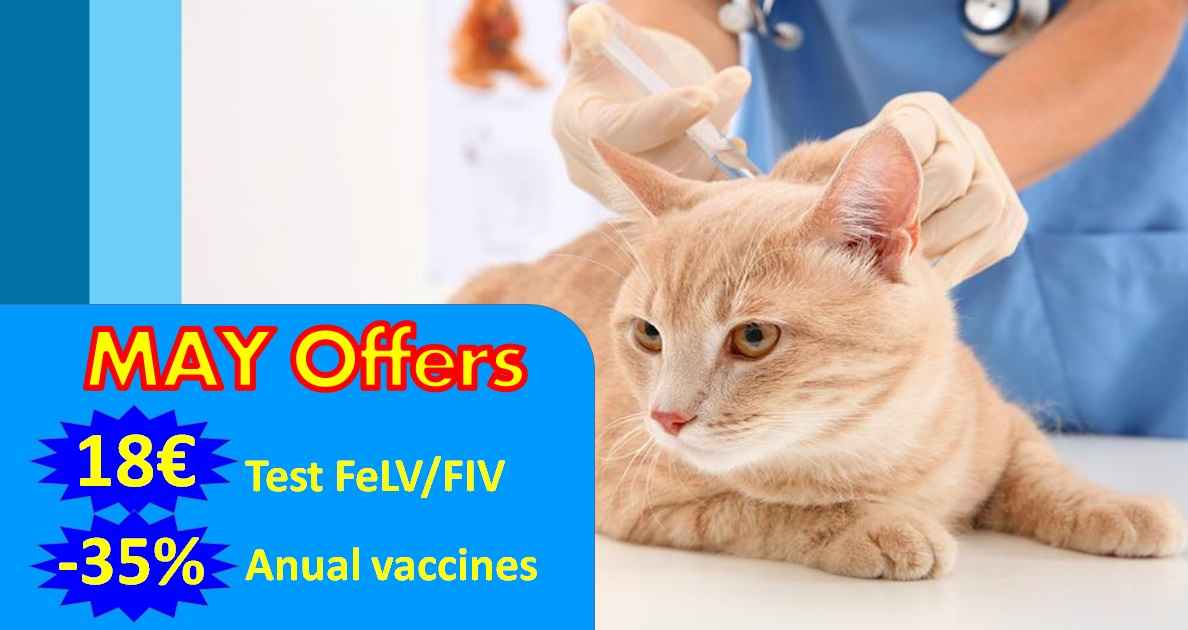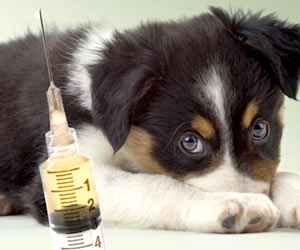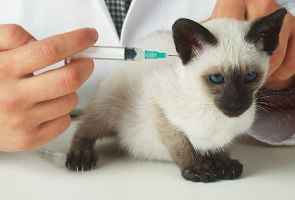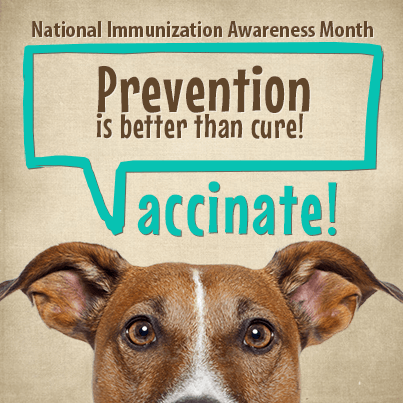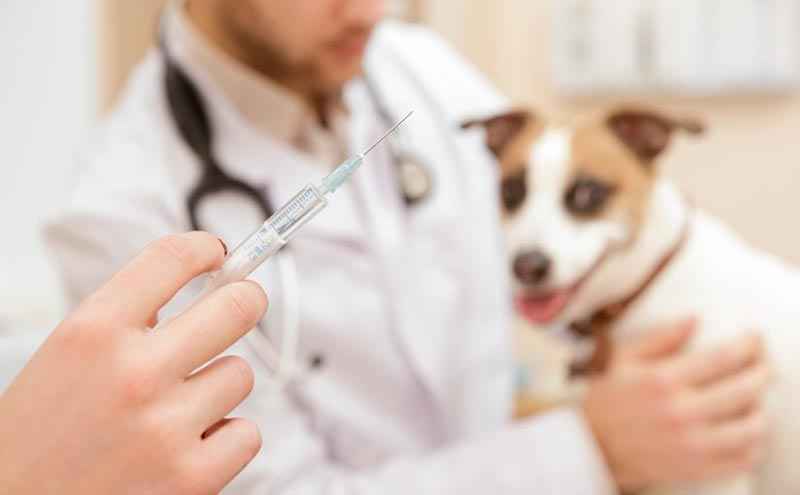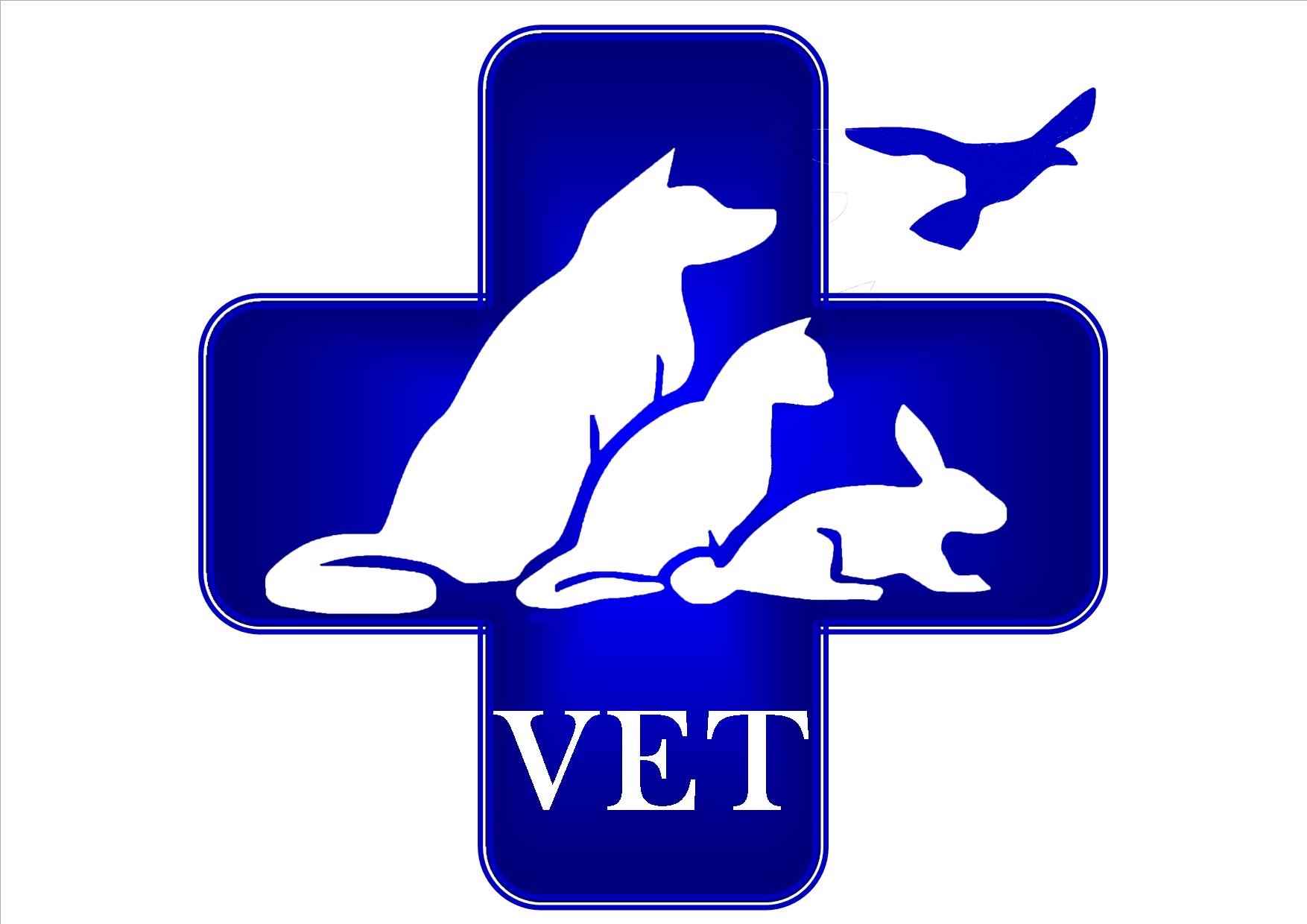Posted: 11-08-16
People ask us all the time if they really need to get their pets vaccinated- the answer is really easy — yes your pets really need to be vaccinated. But even after hearing the answer, a lot of people still have more questions.
Mainly WHY? WHAT RISKS ARE INVOLVED? And WHAT VACCINES DO THEY REALLY NEED? Most pet owners have been on the Internet and have read all kinds of conflicting information, a lot of it is misguided and not based on science. So let’s look at the facts about vaccinations and what they are.
Vaccines are products designed to trigger an effective immune responses in pets. This gets their bodies ready and able to fight future infections when they come in contact with this disease causing agents. Vaccines usually prevent certain diseases altogether but if a vaccinated pet comes down with the disease for which it has already been vaccinated, the illness is much less severe.
That’s why vaccines are so important! If an unvaccinated pet gets one of these diseases, treatment can become very expensive and most of these diseases are fatal despite treatment. Very young puppies and kittens are highly susceptible to infections diseases because their immune system’s are not fully mature. To provide optimal protection against diseases a series of vaccinations are scheduled by us usually 3 to 4 weeks apart. For most puppies and kittens the final vaccination is usually given at about four months of age.
Core vaccines are recommended for all pets in a certain area to protect them against the most common diseases in that area. Examples of Core vaccines for dogs include rabies, distemper and parvo. Non-core vaccines are vaccines that are reserved for certain animals with individual needs. We will consider your pets lifestyle to customize the vaccine program best suited for them.
But owners also want to know about the risk, there’s a lot of information on the Internet about the dangers of vaccination but is this information true?
Remember an incomplete series of vaccinations can lead to an incomplete protection making puppies and kittens vulnerable to infection. It is also important to remember that pets can be vaccinated for zoonotic diseases which are diseases that can be spread from animals to people.
Rabies is a zoonotic disease that is nearly 100% fatal and can be spread from infected animals to people. By vaccinating your pets you are protecting your family as well as your pets. Vaccination against rabies is required by law every year here in Andalusia.
I know you might be saying: this is all well and good I understand I will go and get my pet vaccinated. But what should I vaccinate them against? Well that is a great question and it will be a topic of discussion when you come in for your consultation with us. Not all pets need to be vaccinated with all available vaccines.
Another myth that we hear very frequently is that “my pet is old so they don’t need any more vaccines, they’ve gotten lots throughout their lifetime, and never leave the house anyways”.
Although this might be true if your pets have not been vaccinated within the last two years they are running a great risk of acquiring so called puppy diseases again. Recently we have lost several elderly pets due to those infectious disease because they have not received vaccine boosters in a long time. Especially as we get older our immune system tends to decrease its function therefore vaccines are even more crucial for our older members of society. And just because they do not leave the house does not mean you cannot bring diseases home to them.
Vaccines have the ability to save your pet’s life making them a vital part of your pets preventative healthcare. Remember you can always come in for your first free office visit and we will work out the best vaccination plan for your pet with you.
Most pets respond well to vaccines. The most common adverse reactions are similar to what you might experience yourself after a vaccine, and are mild and short term. They include fever, sluggishness, and a decrease in appetite. Pets may also experience mild pain and irritation at the side of injection.
Don’t get me wrong serious allergic reactions, although uncommon, can occur and require prompt treatment. So the best advice is to always let us know of any abnormalities that have occurred after vaccinations.
Cats are more prone to develop sarcomas at the site of injection. They’re very rare however we like to talk to you about an appropriate vaccination protocol to minimize the risk of this and maximize your cats immune protection.





